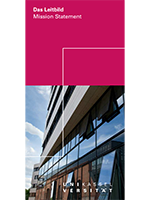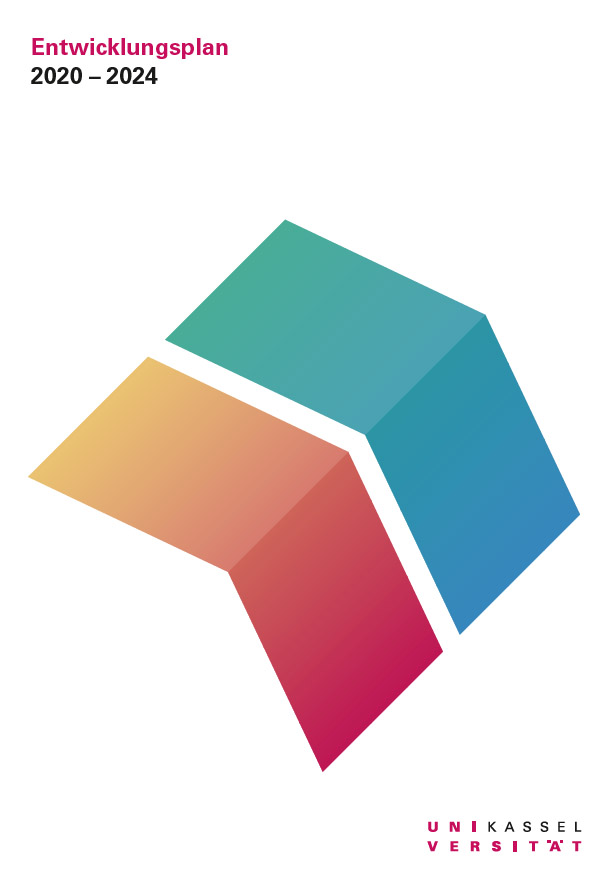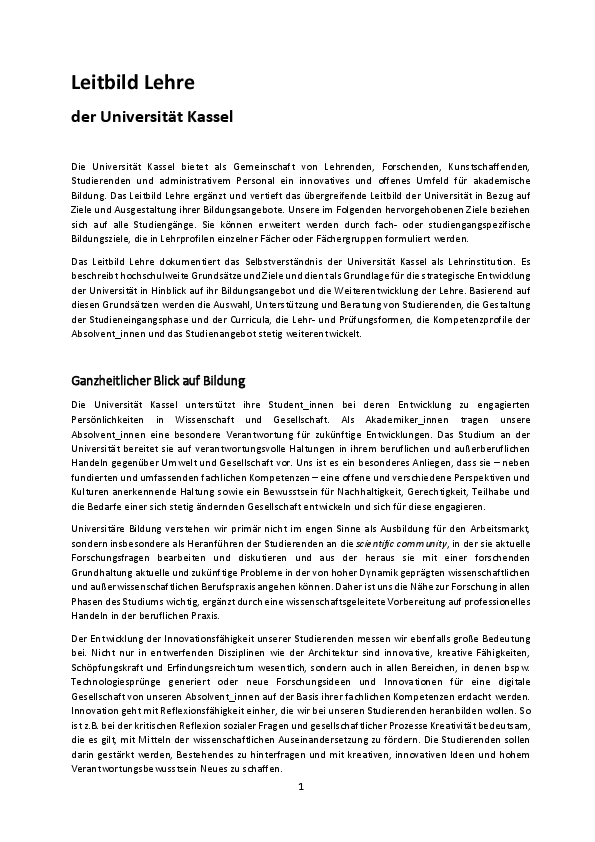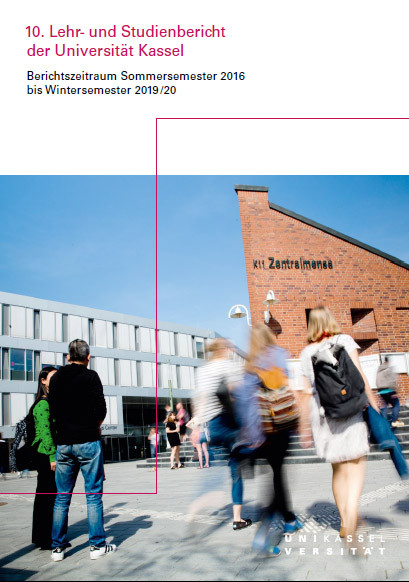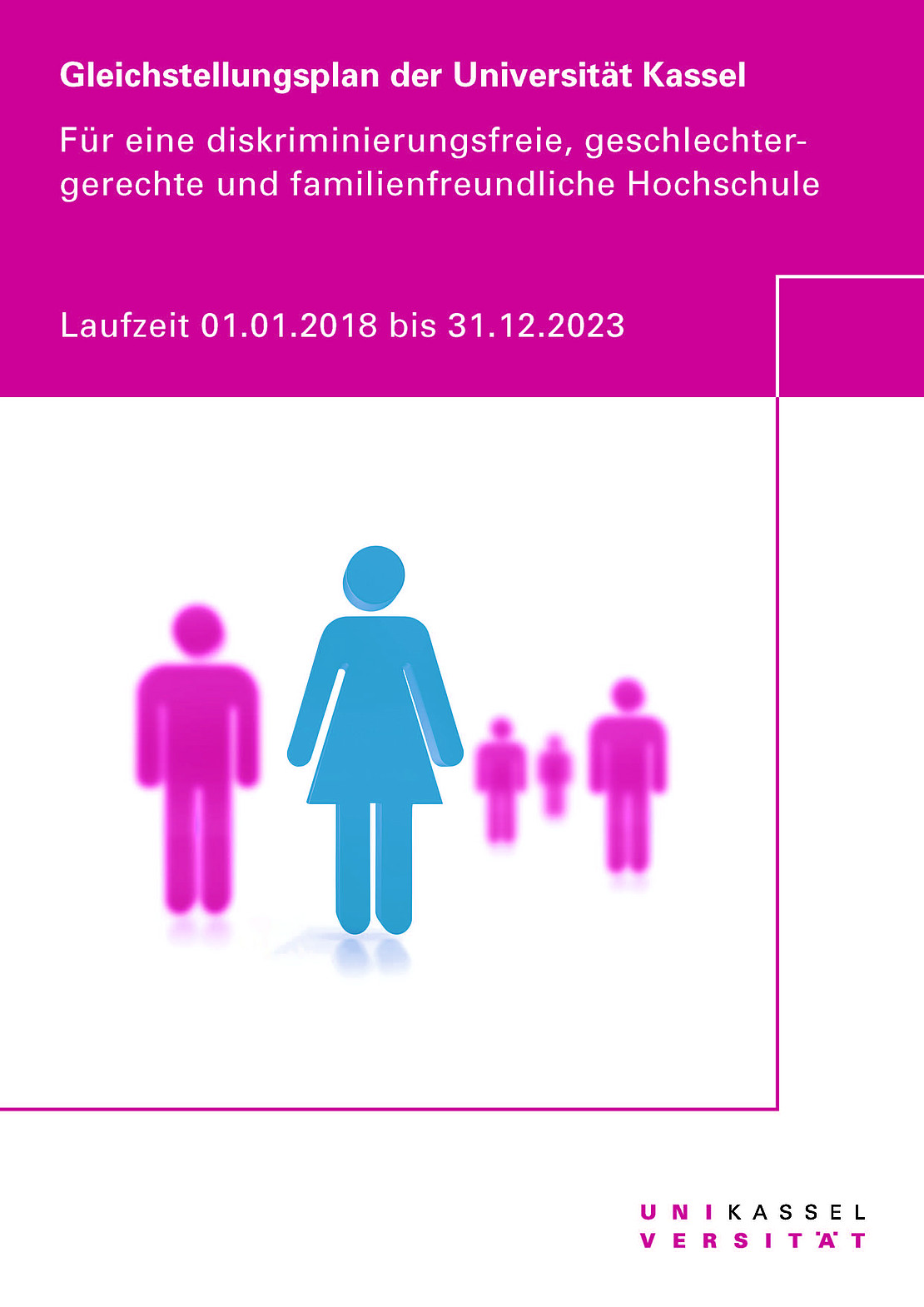Mission statement and reports
Annual report 2022-2023
The years 2022 and 2023 were dominated by two foreign policy crises, which also had an impact on the University of Kassel. One ray of hope in 2022 was the end of the coronavirus pandemic after two years and the fact that the university was able to return to regular operations.
Mission statement
The University of Kassel - founded in 1971 in the course of the educational reforms as an independent comprehensive university model - is characterized by an unusually complex network of competencies in Germany, which focus on nature and technology, culture and society.
Development plan
During the term of this development plan, the University of Kassel will be fifty years old. According to the usual international classifications, it will no longer be considered a "young" university. For the university, this is an opportunity to reassure itself of its orientation and goals for the coming years on the basis of its own tradition.
Teaching mission statement
The mission statement for teaching documents the University of Kassel's self-image as a teaching institution. It describes university-wide principles and goals and serves as a basis for the strategic development of the university with regard to its educational offerings and the further development of teaching.
Teaching and study report
With this teaching and study report, the University of Kassel presents a comprehensive review of this central area of responsibility over a four-year period for the tenth time. As in 2016 and previously in 2012, it provides an overview of central developments in teaching and studies as a building block of the university's quality management and at the same time provides an analysis and position statement.
Sustainability report
To develop in an ecologically, economically and socially sustainable way in the long term - this is also a goal of the University of Kassel.
Gender equality monitoring
The statistics relevant to gender equality include the gender percentages in the academic field - from studies to the academic qualification phases to professorships - in the committees and among non-academic staff for the entire university and by department.
Further reports
- Internationalization concept - Phase V (2021-2025) - PDF 184,40 KB (opens in a new window)
- Personnel development concept of the University of Kassel 2022-2026 (opens in a new window)
- Building structure concept of the University of Kassel 2015-2025 - PDF 18,09 MB (opens in a new window)
- Young talent concept of the University of Kassel 2020

